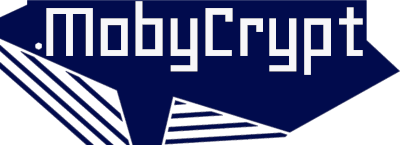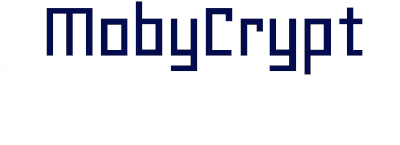🔴 Chainlink – the largest blockchain oracle network on the market. What features does it provide? How will you use Chainlink in a web3 solution? 💬👇
🔴 This post summarizes a series of posts on oracles (Oracles) in blockchain. I encourage you to read for a quick overview of the concept, challenges and security of providing off-chain data for blockchain. Links to the posts in the comments.
🔴 Chainlink is the guiding technology and oracle network in the blockchain market. Mainly for EVM and Solana. Chainlink is currently creating several products that can be used when building a web3 solution. Here they are.
🔴 Chainlink oracles is the classic and simplest way to access off-chain data from a smart contract. Using Chainlink, we can run our own independent node to provide data to the contract, or we can use existing Chainlink nodes in the network for querying. Chainlink oracle enables HTTP queries, but also its own integrations (e.g. with databases).
🔴 Data feeds – various data, provided by oracles, stored in the blockchain and available for free to all smart contracts. E.g. price data for currency pairs (BTC/USD).
🔴 VRF – random data for smart contracts. If a web3 solution requires a random value, e.g., during random NFT allocation, it can use VRF to obtain such a value. VRF targets “random” correctness guarantees using cryptographic treatments.
🔴 Chainlink automation – secure and trusted ability to automatically call contract functions. By default, blockchain contracts do not have the ability to “run” themselves, and sometimes there is a need to do so. The chainlink network will guarantee that the function will run on its own at a certain time, or under certain conditions.
🔴 Most functions offered by Chainlink require a fee in the LINK token. The fee goes to the network participants implementing the functionality, who make this oracle network decentralized. The Chainlink ecosystem is broad, network participants are numerous, and the high capitalization of the LINK token makes Chainlink considered secure and widely used. However, it is worth remembering that the security of the oracle, is the responsibility of the cryptoeconomic model and there is no other guarantee of correct operation. There are other oracle providers on the market, and some web3 solutions simply use “proprietary” solutions (most often centralized 😉).

